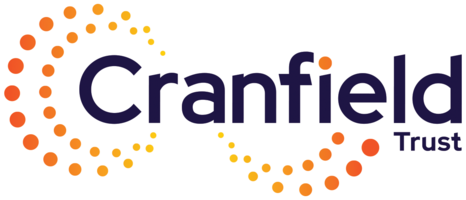I was recently invited to provide a comment for an article: ‘Are charitable donations being well spent?’ which was published in the Financial Times Money Supplement last Saturday. It brought together viewpoints on the thorny issues of impact measurement and Chief Executive salaries. The article covers some of the organisations which seek to measure charity performance, in the US and the UK, and it got me thinking about how subtle and complex the voluntary sector is, and perhaps, that we’re looking for too simple a means of judging its impact.
Some of the longstanding metrics that people use to judge charities are the proportion of income spent on ‘admin’ – but we want charities to be well managed – and Chief Executive salary – but we need organisations providing vital social welfare services to attract great people, not just people who can afford to work for low pay.
Most of the organisations we work with at Cranfield Trust are supporting vulnerable people or communities with a range of challenges and needs. They’re addressing problems such as addiction, family breakdown, living with disability, poverty and creating opportunity. The people they support generally have complex lives – often with more than one of the challenges I’ve listed. Charities might be mainly addressing one aspect of a person’s life, or they might be taking a holistic approach to help individuals with a range of challenges.
There’s no doubt that the voluntary sector could operate more efficiently – as individual charities we can always improve our operations – and as a sector, there’s room for closer working or consolidation in some areas, and more collaboration around people being supported by charities, to improve their ‘user experience’ of charities’ services. But like some lives of those supported by charities, the sector is messy and complex – there are lots of charities addressing individual issues and needs, in different ways, at small and large scales, and at local and national levels.
While of course we should be making the most of resources, and using appropriate measures to understand impact, we will never be able to reduce the impact of a charity, or of a service to one number. Impact reports are snapshots in time, people and activities change, and the problems charities seek to address change over time too.
We need the people supporting charities to learn about their work, to develop an understanding of their operating environment and what affects their services and beneficiaries, and to find and to trust organisations that are thinking creatively about their services, as well as managing resources efficiently. We need to support charities to try new approaches – some of which may not work – and accept that investing for the future may mean that their financial performance doesn’t superficially look so strong in the short term.
There are lots of ways in which we make decisions on giving – from a tug on the heartstrings to an efficiency ratio – but we need to keep learning about the voluntary sector, in all its complexity and richness, and to develop an approach to impact and performance that acknowledges its diversity.




